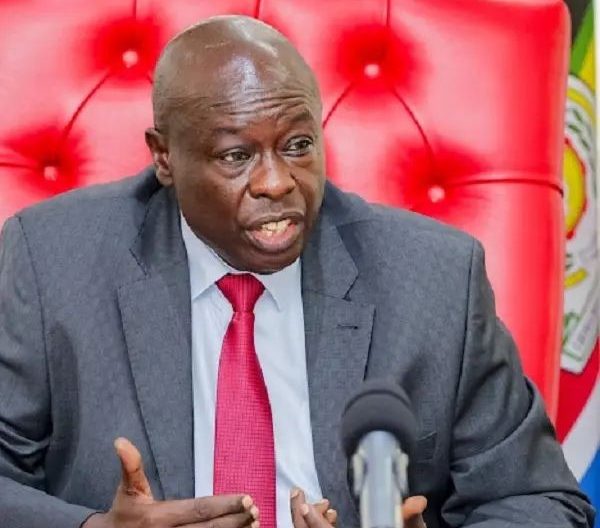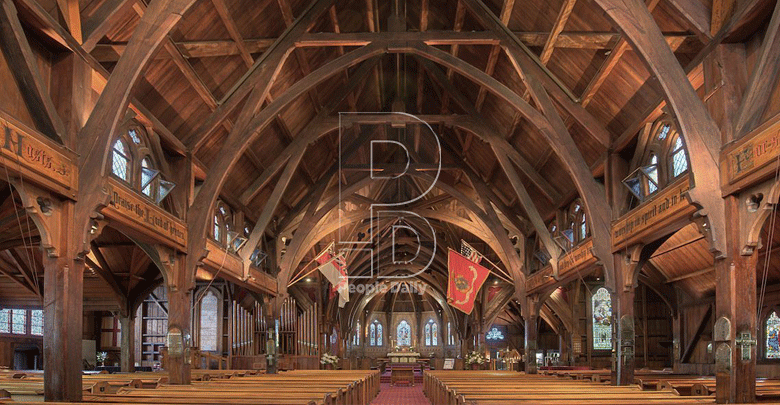Save captive church audience from politicians
By Levi Obonyo, August 6, 2021The silly season of politics at the pulpit is surely back with us in full force. Last Sunday, nearly every politician of significance was in one church or the other, where they were given microphones to address the congregation as the clergy looked on from behind the pulpit, in their full religious regalia.
One might say that this is not new but that may not be entirely true. Few politicians have been known to be faithful in attending church as former President Daniel arap Moi was.
There is hardly a Sunday that the former chancellor of Kabarak University missed worshipping at his beloved university chapel, or any African Inland Church congregation, or at the Nairobi Pentecostal Church on Valley Road.
Next to his seat in church would be his Bible and the golden emblem of his leadership.
He would keenly follow the sermon, sing along, refer to his Bible like the rest of the congregants, then give his offering, and walk out with everybody else at the conclusion of the service.
When approached after the service, or on the occasions when he may have been given a chance to address the congregation, Moi was sure to stick to the message of the day, expound on the passage of the Bible, or even outdo the preacher, for Moi knew his Bible well.
Even where he addressed the press after the service, the message would be on the scripture.
That is not what the later day politicians are known for. Once they take to the pulpit, and they are doing it now a lot more frequently, they are sure to expound on their political messages, attack their opponents, and essentially reduce it to a campaign platform. In a word, they are presented with a captive audience to indoctrinate with political messages.
Political messages are divisive by their very nature. They are likely to draw out raw emotions and it is probably because of this that they require notification of security agencies to make it possible to provide a sense of order should there be need.
The church on the other hard draws worshippers who are of one accord. They are in harmony, agreed on their basic doctrine, whether it is ecumenism, Pentecostalism or whatever it is for it is indeed that central teaching that has drawn them to the particular church.
Congregations are even agreed on the interpretation of controversial biblical messages.
But their political views could be so divergent. It may very well be that it is only on the form of worship that they are agreed and nothing else.
Thus the potential of danger and violent disagreement where a speaker of different political and even religious persuasion takes to the pulpit and launches into expounding on their political platform.
May be time has come where it should be required of the church, whenever they surrender their pulpits to the politicians, to alert the security agencies ahead of time to forestall the potential of danger.
As long as the trend of politicians addressing church congregations continues, then there is real danger of political violence in the church.
Their congregations should equally be alerted ahead of time so that those who may not be in agreement with the messages likely to be presented by the politicians to stay away rather than show up and potentially disagree with the political speakers.
It was believed long ago, that the pulpit is sacred, those who mount it to proclaim a message have a special anointing of God, granted divine wisdom, to declare the oracles of the divine.
Certainly, politicians have no such pretenses of special revelation and anointing.
Yet it would be easier for the church to simply be the church – a place of worship. It costs politicians money to mobilise audiences.
The captive church audience should not be taken advantage of. — The writer is dean, School of Communication, Daystar University
More Articles

